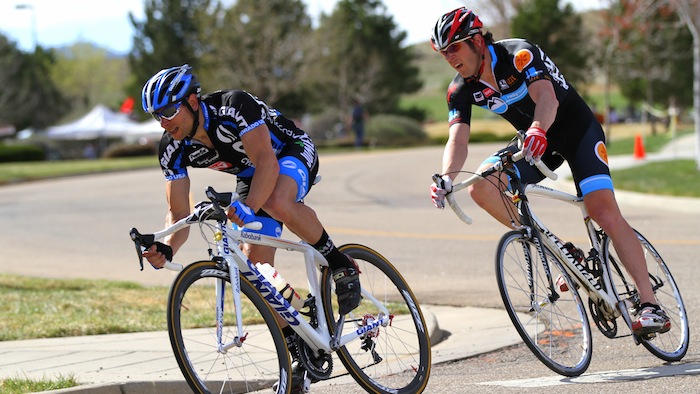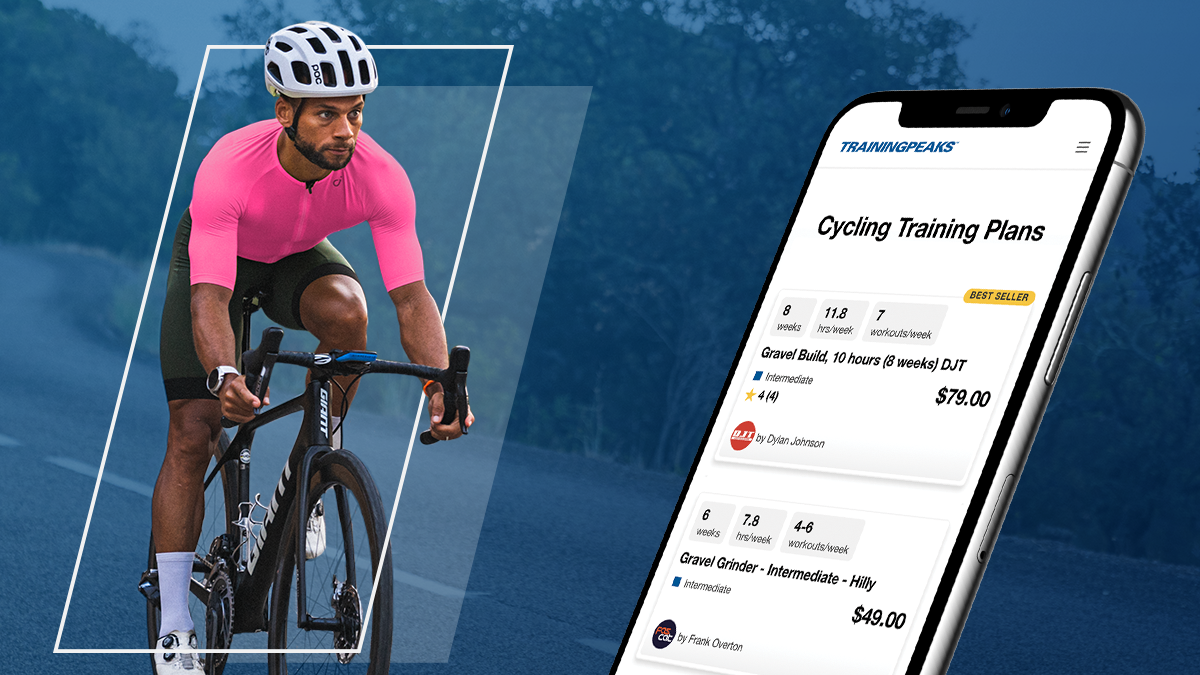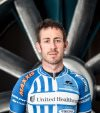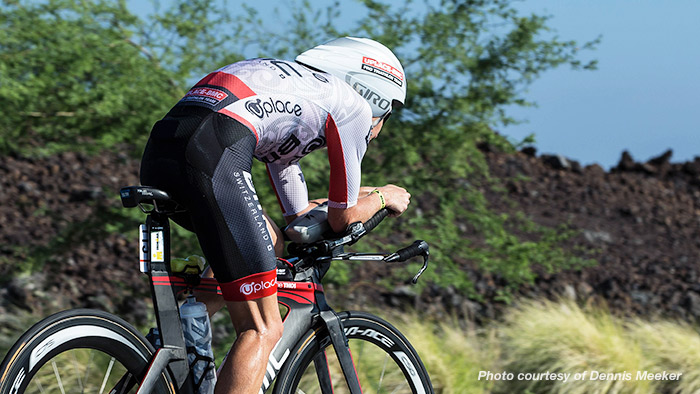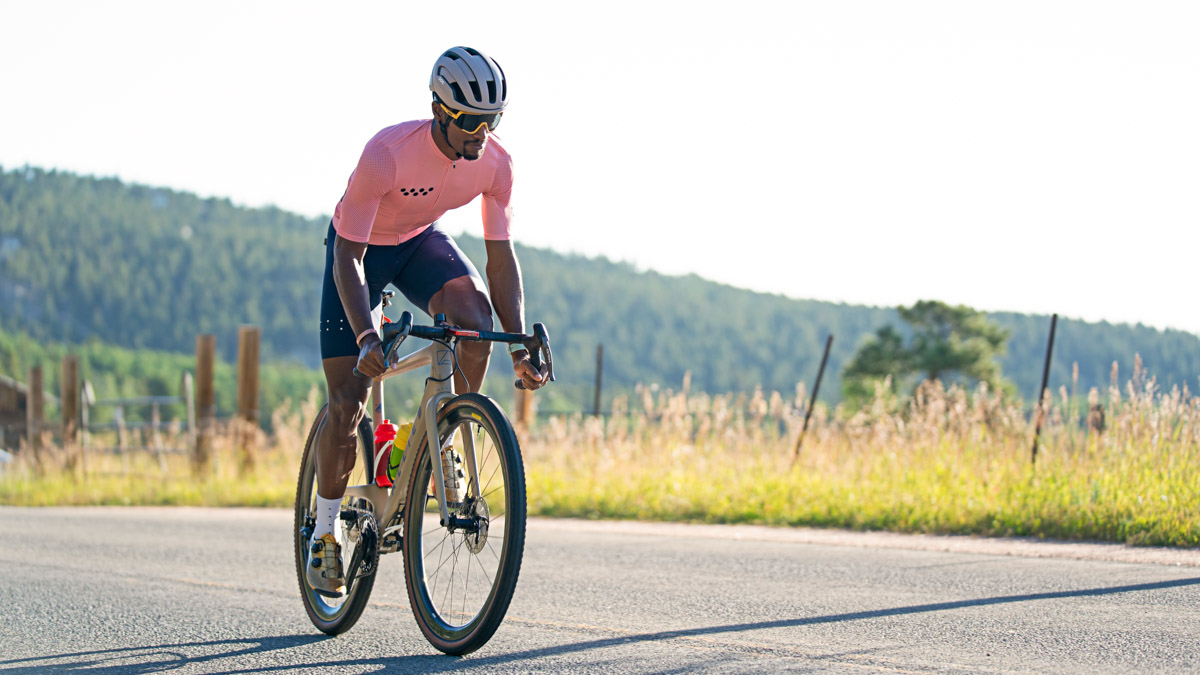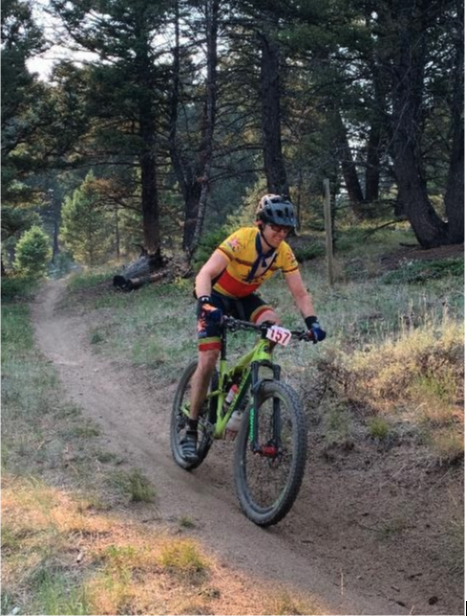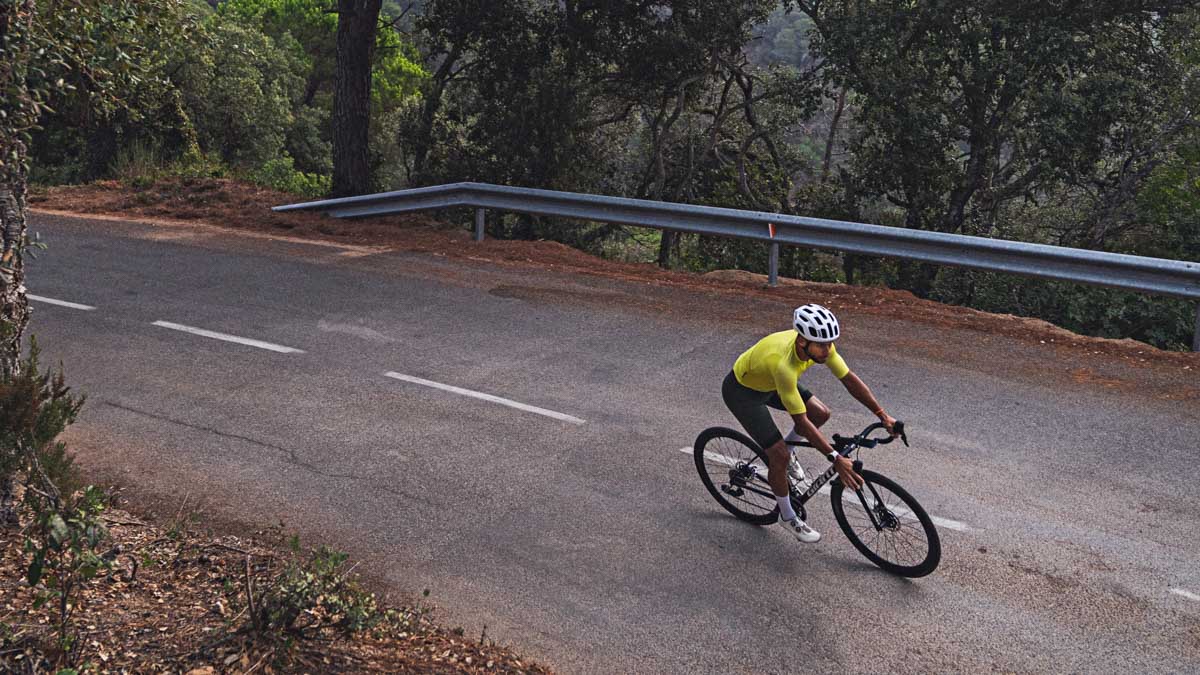For most cyclists, the most basic but fundamental question is, “How can I get faster on the bike?” Beginner and pro cyclists and even triathletes alike are always asking this question of themselves. It’s the inherent attribute of riding a bike – the desire to continually attain new heights, and keep going further and faster.
As a coach, tackling how to bike faster from a training standpoint means that I need to define the raw fundamentals of what an athlete needs to progress, and what I need to ensure is part of the program. Here are the 3 key factors that should be the foundation of your training on the bike.
1. Train Consistently
The number one fundamental in how to improve your performance simply comes from consistency in your training. Riding for 45 minutes to an hour a day has much greater benefit than cramming all of your training into one or two days of the weekend. This is because consistency creates the healthy, progressive training load required to adapt and get stronger. Training intermittently and too hard can cause detraining to occur between training sessions, and an amount of overload on the body that is too great for short term recovery.
Don’t forget the importance of motivation in finding consistency. Try to make workouts fun, switch things up consistently and work towards goals. When training becomes a chore, the chances of skipping workouts increases dramatically.
Pro Tip
If you’re a working (“weekend”) warrior, try to get three short but intense varying workouts in during the week, on the trainer if you must, to make efficient use of your time and to keep the training process occurring. Then when you get to the weekend, look to capitalize on the extra hours by addressing the endurance concerns of your training (long rides).
2. Train With a Plan
The cyclist who leaves the house in the morning on their bike without understanding their training will be limited in their potential to improve. By investing in a training plan or a coach to create structure with your workouts, you can be assured of adding value with every training ride that you do. Purpose! What is the purpose of the ride that you are doing today? What do you want to achieve? Is your training structured in a way that you will progress with your fitness and speed, or are you just spending precious time without any progression (i.e., the dreaded fitness plateau)?
Your options available here relate back to defining and structuring your training. You can hire a coach to be the educated, unbiased “conductor” of your training. You could invest in buying a training plan such as those offered at TrainingPeaks. Or if you are more of a DIY person, you could do your own research based on books written by experienced coaches. Some good books I recommend are by Joe Friel (The Cyclist’s and Triathlete’s Training Bibles) and Hunter Allen/Dr Andy Coggan (Training and Racing with a Power Meter) — however, the list of great books out there is definitely not limited to these. The challenge with the DIY approach is to remain unbiased in what you need and to devote time to plan out your training in advance.
3. Invest in a Power Meter, But Look Past the Numbers
Training devices like power meters can help you train smarter. Power meters have given heart rate an entirely fresh dose of value and the two data streams complement each other very nicely. The adoption of the power meter is a big movement in cycling, one that has certainly brought in new revenue streams for component manufacturers and coaches alike, but has also been a gold mine for the athlete themselves as we now have a way to really quantify performance. More watts, assuming weight and aerodynamic drag remain consistent, equals a greater speed. It can bring the structure into your training that you need, by defining realistic wattage goals for the incremental improvement that the human body undergoes. Power meters can quantify your performance.
The caveat here is that by relying too much on power data, cyclists are losing their “feeling” of training. A long time ago, a guy named Borg developed the “Rate of Perceived Exertion” (RPE) – a number scale (from 6-20) of how the exertion level feels to you. This is still one of the most crucial gauges in training – how did it/do you feel? When you learn your body’s sensations and create body awareness, you can train at the levels at which you know you can maintain, and you are not dictated by the number on the screen in front of you. You can then attribute certain sensations to good form, an overload of fatigue or onset of illness.
In my experience, generally speaking, athletes do better using power data in post-ride analysis on a tool like TrainingPeaks or WKO+ as opposed to being consumed by it during their training ride. So purchasing a power meter can be a great idea, but ensure you always ask yourself the question, “What does this feel like?” and keep a training log where you note your raw sensations. This is where in coaching and training, science becomes an art.
So these are the three basic elements to getting faster on your bike – the basis upon which any training program should be structured upon. It applies to the beginner athlete all the way up to pro athletes. Never forget these time-tested fundamentals in your training program – and you will definitely get stronger and faster on the bike.
